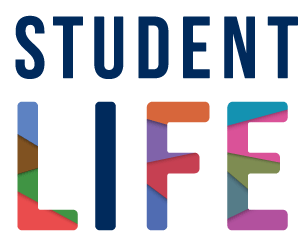Problem-solving exams focus on your ability to apply what you know rather than simply showing the answer. There are strategies for preparing for and writing problem solving exams to maximize your success:
- When you’re studying, be sure to work in a way that tests and extends your knowledge: just having read the textbook or jumping to the solutions can give you a false sense of knowing the information.
- Study problems out of sequence: mixing problem types when you’re preparing will help you in an exam situation where questions come from different parts of the course.
- If you’re not allowed aid sheets in the exam, think about what you’d wish to have in the exam room, and work on memorizing it. For instance, in the first few minutes of an exam, you can write out a list of equations and associated instructional verbs to make sure you have them while you’re problem solving.
- Write problems and solutions out in full: double-check that you haven’t made any transcription errors, and do every step on paper so that you can double-check your answers and earn partial marks.
Helpful documents
- Exam Tips (PDF)
- Take-Home and Online Exams (PDF)
U of T resources
Aid centres
A full list of aid centres is available on Find academic resources.
Peer support
Old exams
Other resources
While U of T has a plethora of programs and services for students contending with problem-solving courses, here are some external resources that have become online classics. They’re maintained by external authors, but our students have often found them insightful:
- How to Study Math (Paul Dawkins, Lamar University)
- Problem Solving I: Frequent Solver (Richard Zajchowski for McMaster University)
- Problem Solving II: Concepts (Richard Zajchowski for McMaster University)
- Problem Solving III: Decision Steps (Richard Zajchowski for McMaster University)
-

Associated Services
CLSS Peer Mentor Appointments
Book a one-on-one appointment with a peer mentor or chat with a mentor online to get fast support and guidance. Learn more about CLSS Peer Mentor AppointmentsCLSS resource library
Explore our handouts and tip sheets on academic skills. Learn more about CLSS resource library




